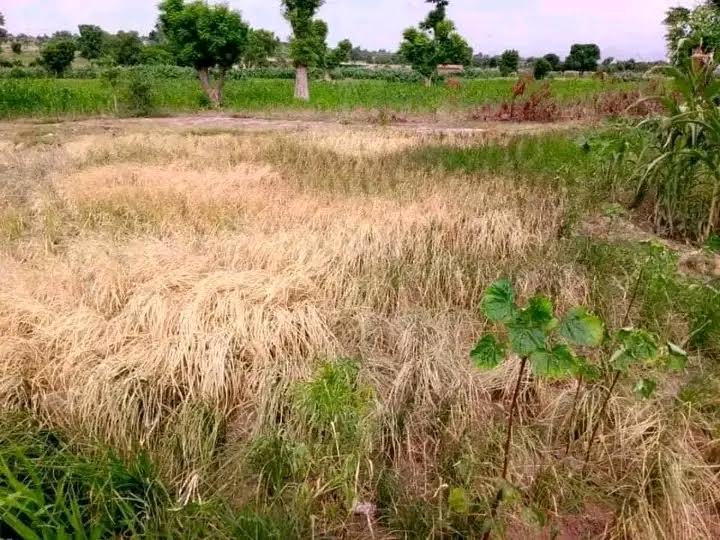The United Nations World Food Programme (WFP) warned on Thursday that Zimbabwe is bracing for another dry spell that could push millions of already struggling citizens deeper into hunger.
The persistent drought, driven by the El Niño weather phenomenon, is among the worst Southern Africa has experienced in decades, leaving countries like Zimbabwe grappling with severe food shortages.
Despite earlier forecasts that rains would begin in October to mark the start of the six-month rainy season, the country has experienced only sporadic rainfall, with a few days of rain in late November offering little relief.
Communities bear the brunt
In Chivi, a district in southern Zimbabwe, the impact of the drought is visible and dire. “We are worried. You can see the ground in front of us is bone dry,” said WFP country director Barbara Clemens during a food distribution event. Families are already making tough choices, such as skipping meals to conserve their dwindling food supplies.
For 74-year-old Georgina Maphosa, the drought has crushed her hopes for a better farming season. “I can now afford to eat once a day,” she said. “I had hoped that this season would be better, but my early crop is already a write-off.” Maphosa planted maize in late November, only to watch her efforts fail as the seeds never germinated in the parched soil.
A nation in crisis
The Zimbabwean government reported in May that over half of the country’s 16 million population was in need of food assistance. This number is expected to rise as the drought persists. Zimbabwe’s agricultural struggles stem from both climate change and historical disruptions to farming, notably the land reforms initiated in 2000 by former President Robert Mugabe, which significantly reduced food production.
Climate change and food security
As climate change continues to intensify extreme weather patterns, Zimbabwe’s ability to sustain its population through agriculture has been severely compromised. The combination of erratic rainfall, poor harvests, and economic instability has exacerbated the nation’s food security crisis, leaving millions reliant on international aid.
Hope amid adversity
Despite the grim outlook, humanitarian organizations like the WFP remain committed to providing assistance. Food handouts and other relief measures are lifelines for communities like Chivi, where resilience and solidarity help families endure these challenging times.
As the country faces yet another dry season, the urgency for long-term solutions, including sustainable agricultural practices and climate adaptation measures, grows ever more critical to Zimbabwe’s future.


